Search 776 results
Filter by
Events
Series
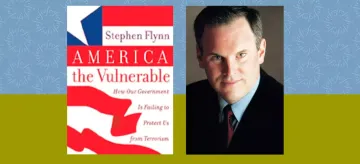
In this book, CFR Fellow Stephen E. Flynn argues that three years after September 11, the United States is still dangerously unprepared to prevent or respond to another attack on its soil. The United States should be operating on a wartime footing at home, but despite the many new security precautions that have been proposed, America’s most serious vulnerabilities remain ominously exposed. Teaching notes by the author.
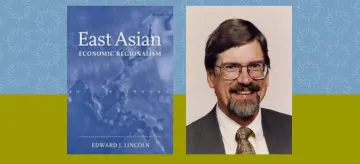
In this book, Edward J. Lincoln examines economic regionalism in East Asia and its implications for U.S. policy in the region. Teaching notes by the author.
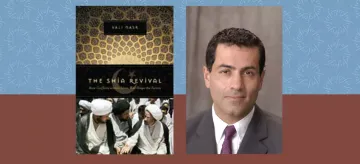
In this book, CFR Adjunct Senior Fellow Vali Nasr, one of the leading scholars on the Middle East, provides us with the rare opportunity to understand the political and theological antagonisms within Islam itself as nations around the world struggle with the threat of militant Islam. Teaching notes by the author.
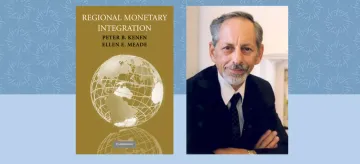
In this book, CFR Senior Fellow Peter B. Kenen and Ellen E. Meade seek to explain why governments contemplate regional monetary integration and why some country groups are more likely than others to exercise that option, and to be successful at doing so. Teaching notes by the authors.
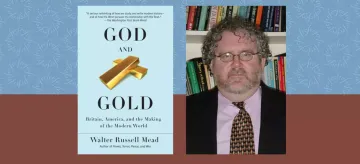
In this book, CFR Senior Fellow Walter Russell Mead recounts how the British and their American heirs built an unrivaled global system of politics, power, investment, and trade over the past three hundred years. Teaching notes by the author.
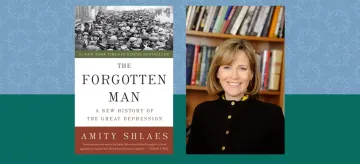
In this book, CFR Senior Fellow Amity Shlaes asserts that the real question about the Depression is not whether Roosevelt ended it with World War II, but why the Depression lasted so long. She argues that federal intervention between 1929 and 1940 unnecessarily deepened and prolonged the Depression. Teaching notes by the author.
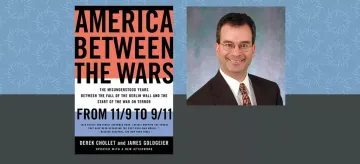
In this book, CFR Senior Fellow James M. Goldgeier and Derek H. Chollet explore how the decisions and debates of the years between the fall of the Berlin Wall and the collapse of the Twin Towers shaped the world we live in today. Teaching notes by Dr. Goldgeier.
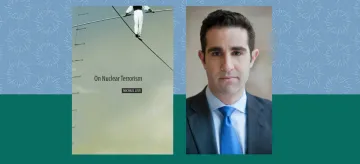
In this book, CFR Senior Fellow Michael A. Levi examines one of the greatest national security threats of our time—terrorist groups armed with nuclear weapons—and argues that only a broad-based and multi-layered defense can be effective in confronting it. Teaching notes by the author.
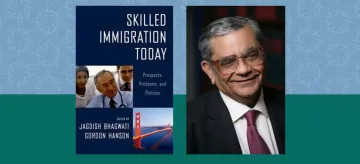
In this book, CFR Senior Fellow Jagdish N. Bhagwati and coauthor Gordon Hanson examine the causes and consequences of the international migration of skilled workers with a particular emphasis on the policy challenges confronting the governments in sending and receiving countries. Teaching notes by Professor Bhagwati.
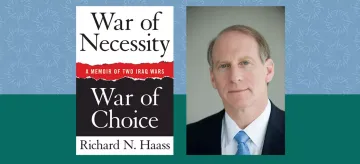
In this book, CFR President Richard N. Haass contrasts the decisions that shaped the conduct of two wars between the United States and Iraq, and writes an authoritative, personal account of how U.S. foreign policy is made. Teaching notes by the author.